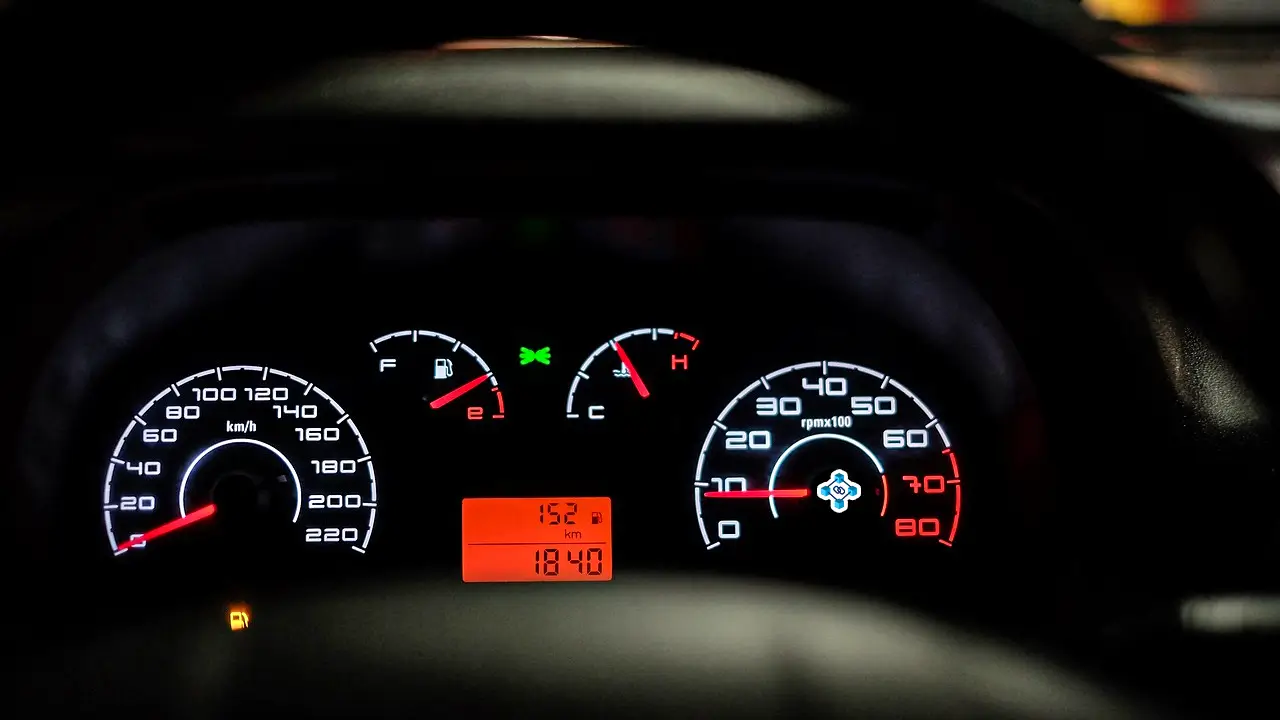Blockchain technology is currently transforming a number of industries, including the automotive sector after initially being created to support cryptocurrencies. Some of the most important problems facing the car industry are being creatively solved by its decentralized, secure, and transparent nature. Blockchain is changing how cars will be made in the future, from facilitating autonomous driving to boosting vehicle safety and supply chain management.
Supply Chain and Inventory Management Revolution
The supply chain management of the automotive industry is significantly impacted by blockchain. Conventional supply chains are vulnerable to fraud, mistakes, and inefficiencies because they involve several stakeholders, including manufacturers, traders, and suppliers. Blockchain provides a decentralized ledger with real-time transaction records that are open to all users, guaranteeing transparency. This lowers the possibility of supply chain failures, fraud, and fake parts. Additionally, blockchain facilitates real-time tracking of car parts, which improves inventory control and streamlines production schedules to cut down on delays and guarantee on-time delivery.
Improving Vehicle Provenance and Ownership
Ensuring clarity on the vehicle’s past is one of the biggest issues in the used car business. Vehicle ownership and maintenance records are typically kept in centralized databases or paper formats, both of which are vulnerable to fraud and manipulation. These records can be safely stored using blockchain technology in an unchangeable and transparent way. This enables buyers to confirm the authenticity and condition of a used car by making the history of each vehicle including ownership, accidents, maintenance, and repairs publicly accessible. By establishing a clear ownership record and making it simpler to trace down stolen automobiles, blockchain technology can also help in the prevention of auto theft.
Improving Vehicle Maintenance and Safety
By offering safe, real-time data storage for a vehicle’s performance and health, blockchain is improving vehicle safety and maintenance. Numerous sensors installed in modern cars keep an eye on a variety of systems, including the tires, brakes, and engine. Blockchain can safely store this information and make it accessible to owners, repair facilities, and manufacturers, guaranteeing that cars are inspected and maintained regularly by manufacturer guidelines. Additionally, blockchain ensures that safety alerts and recalls are promptly communicated to car owners, lowering the dangers associated with defective vehicles still on the road.
Enabling Autonomous Vehicles
Large volumes of real-time data are used by autonomous vehicles, often known as self-driving cars, to make judgments including understanding traffic signals and reacting to possible dangers. Blockchain technology can safely handle and retain this data, guaranteeing that it is impervious to manipulation. Blockchain also makes it possible for autonomous cars to safely communicate with their surroundings, including infrastructure, other cars, and traffic signals. This makes it possible for safer driving habits, more efficient traffic flow, and enhanced traffic flow. Blockchain’s decentralized structure makes it the perfect platform for the data sharing needed in autonomous car systems.
Improving Transactions and Reducing Fraud
In addition to addressing fraud concerns and boosting transaction security, blockchain is also improving the purchasing and selling procedure in the automotive sector. Transactions can be automated and secured by using smart contracts, which are self-executing agreements with terms directly encoded into code. By doing this, the possibility of fraud or disagreements between buyers and sellers is reduced. More effective payment options, such as digital currencies or tokens, are also made possible by blockchain, especially in areas with unstable banking systems. This facilitates quicker, safer, and more manageable auto transactions.
Prospects for Blockchain in the Automotive Sector
The potential of blockchain technology in the automotive sector is just largely untapped. Blockchain can further improve procedures like insurance management, car-sharing services, and environmental sustainability initiatives in addition to supply chain management, vehicle history tracking, and fraud protection. Blockchain can assist automakers in enhancing their sustainability initiatives by precisely monitoring the environmental impact of automobiles.
In conclusion
The automotive industry is undergoing a profound transformation because of blockchain technology. It is increasing supply chain management efficiency, boosting vehicle history security and transparency, guaranteeing improved vehicle safety and maintenance, and fostering the advancement of autonomous vehicles. Blockchain is assisting the automotive industry in becoming a more transparent, safe, and effective sector by tackling problems with fraud, inefficiencies, and data security. The influence of blockchain is expected to rise with further usage, driving additional advancements and enhancements in the automobile industry.
- Audi GT50 Concept: A Loud Reminder of Why Car Enthusiasts Fell in Love With Audi
- Nearly 30% of UK Drivers Believe Car Tax Should Be Based on Mileage — Survey
- Why Planes and Boats Escaped the Luxury Tax But Cars Didn’t
- Australia’s Headlight Confusion: Authorities Warn Drivers After Viral $250 Headlight Rule Goes Wild Online
- 2025 Hyundai Venue Facelift Launched in India – Full Details, Variants, and Price
